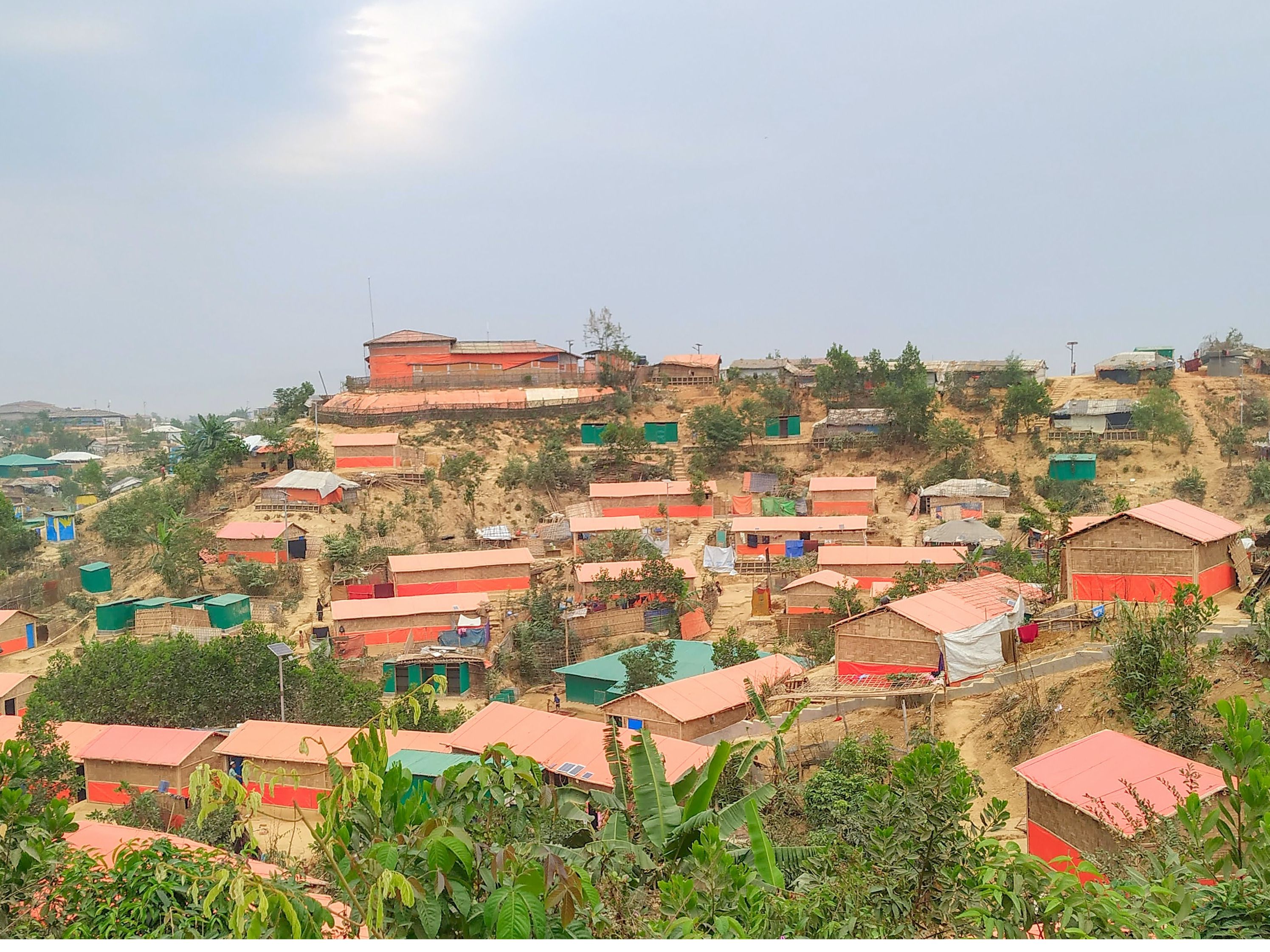Approved by curator

Added: Mar 21, 2023
Last edited: Apr 07, 2023
This case study illustrates how the U.N. World Food Programme is addressing the waste management problem and marginalization of Rohingya refugees by promoting sustainable practices and creating employment opportunities.
Rohingya refugees living in Cox's Bazar, Bangladesh, face severe challenges, including life-threatening persecution, poor living conditions, inadequate sanitation facilities, and limited job opportunities. The growing population has also created a waste management problem, leading to environmental degradation and health risks.
The U.N. World Food Programme has implemented a range of initiatives to address the waste management problem and promote sustainable practices. One way the U.N. World Food Programme is setting out to offset packaging waste is upcycling. For instance, food from e-voucher outlets, where Rohingya families pick up their groceries every month, is packaging-free but aluminum metallized wraps have to be used for fortified food and special nutritional products. Through a new upcycling center, this packaging waste is transformed back into useful products. Rohingya refugees have been able to brainstorm, design, and create user-friendly products from waste. From wallets and different kinds of bags — totes, pouches, zippers — to bins, baskets, bracelets, floor mats, and pen holders, the center is experimenting widely with its product types and designs.
The process maintains a clear division of labour. Walking inside the center, one can immediately spot the different groups working together on different tasks. Packaging is sorted, washed, dried, compressed and processed by different groups.
The program provides training to Rohingya refugees on waste management, recycling, and composting, creating employment opportunities and promoting environmental awareness. The initiative also encourages the use of eco-friendly materials, such as reusable bags, instead of single-use plastic bags. Additionally, the World Food Programme has partnered with local communities to establish waste management systems, including segregation and recycling facilities.
The Rohingya refugee crisis added to an already challenging task of waste management in this part of Bangladesh, which relies on its coastlines and forests for food and livelihoods. Upcycling helps to keep the camp environment clean in two prominent ways, by preventing the risk of floods and keeping the groundwater safe. Overall, the U.N. World Food Programme has promoted sustainable practices, created employment opportunities, and improved living conditions for Rohingya refugees in Cox's Bazar. The initiative has reduced waste and promoted recycling and composting practices, contributing to environmental sustainability.
Photo by SH Saw Myint on Unsplash
